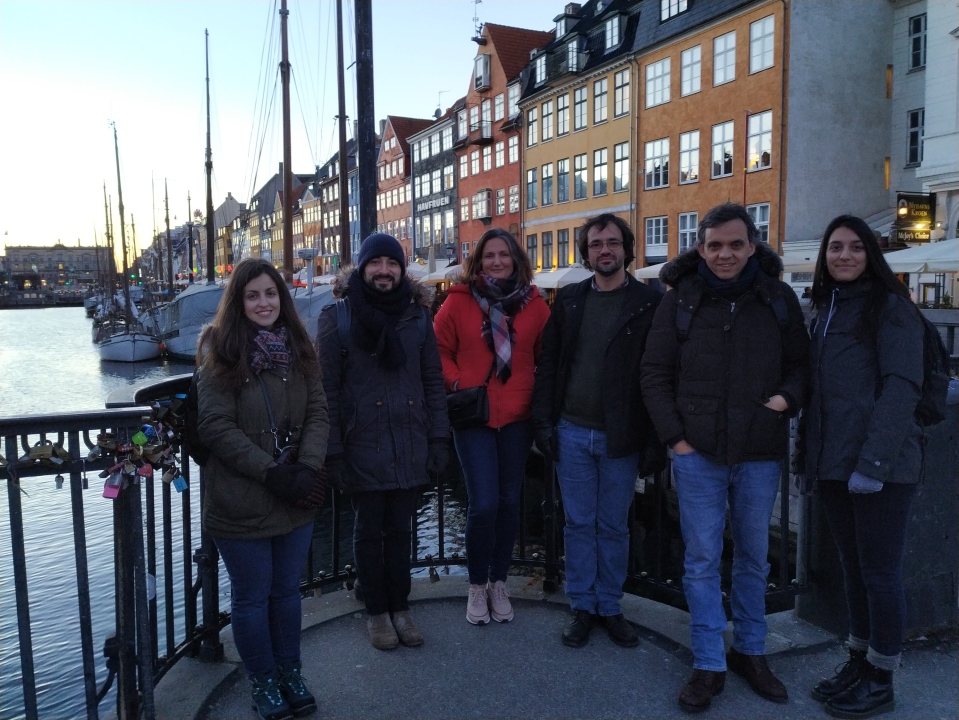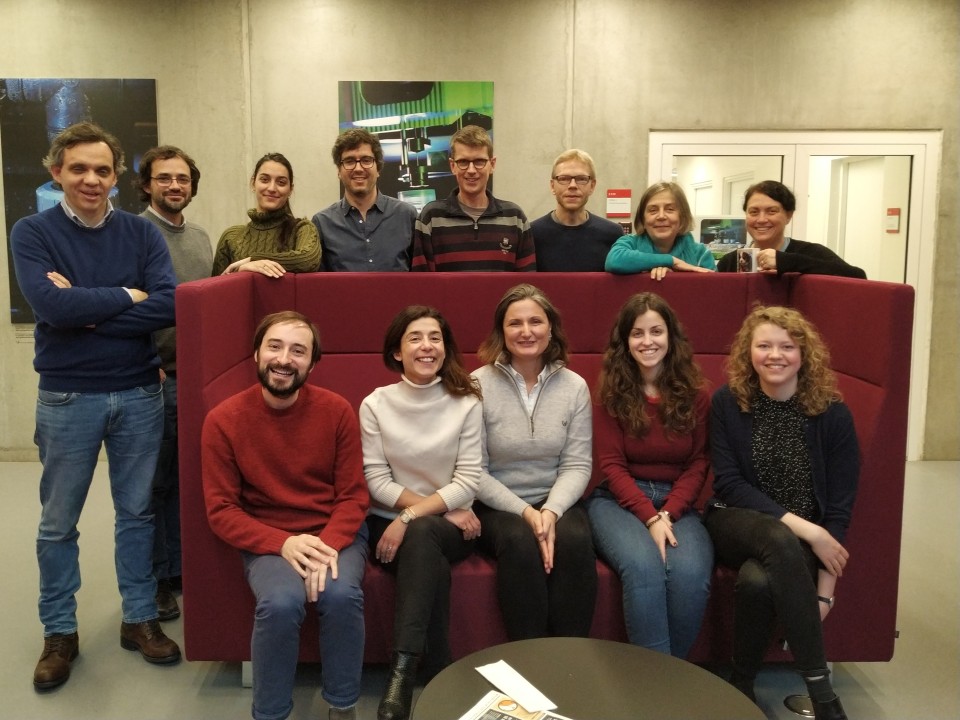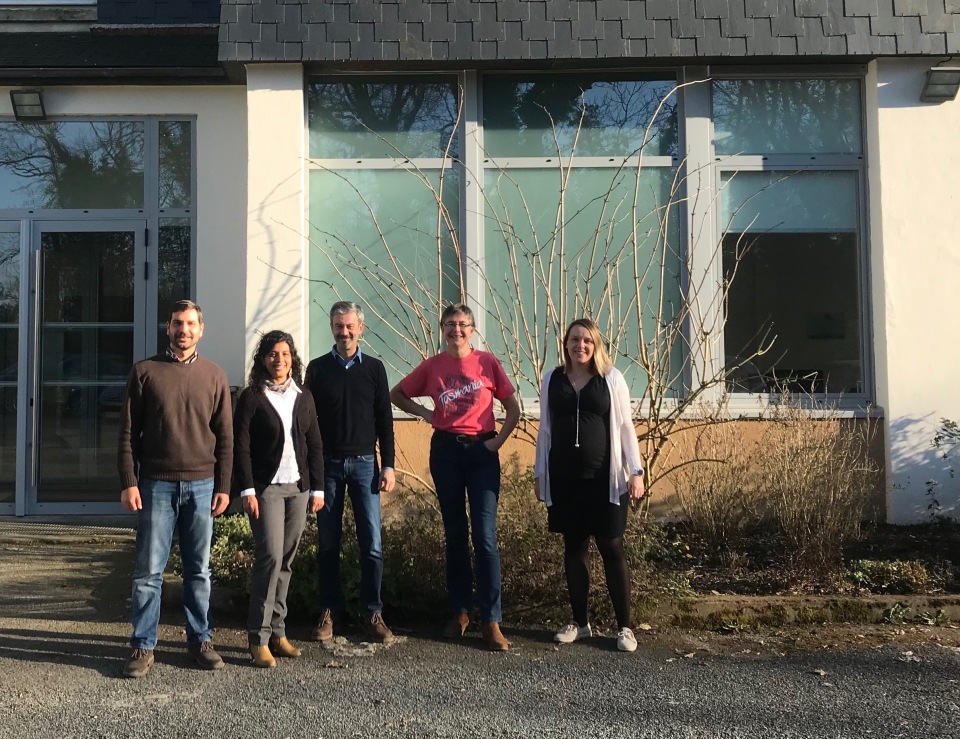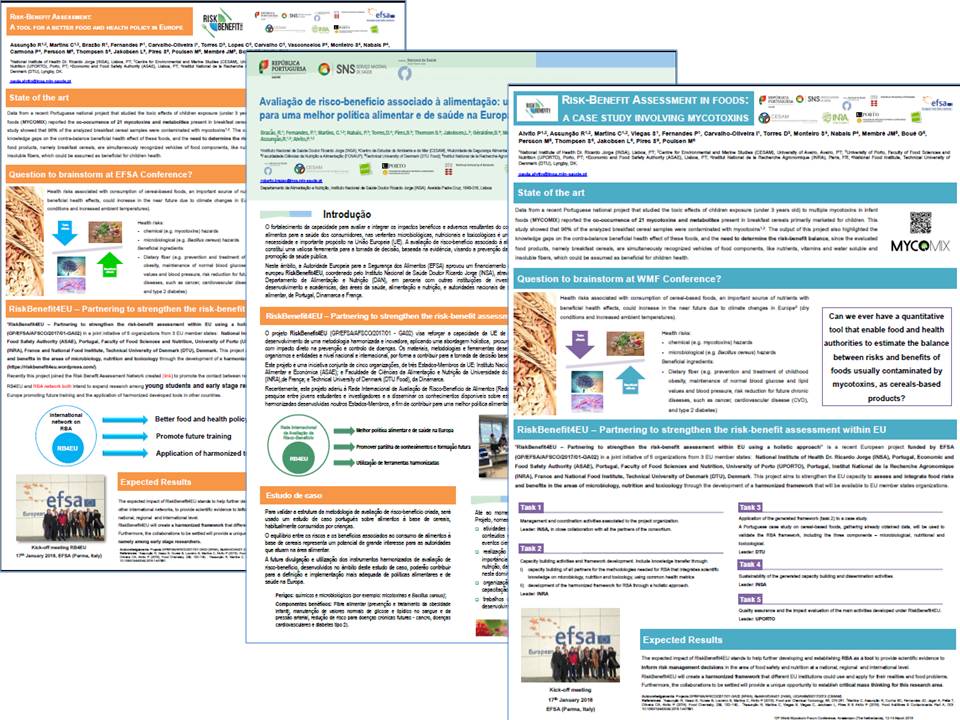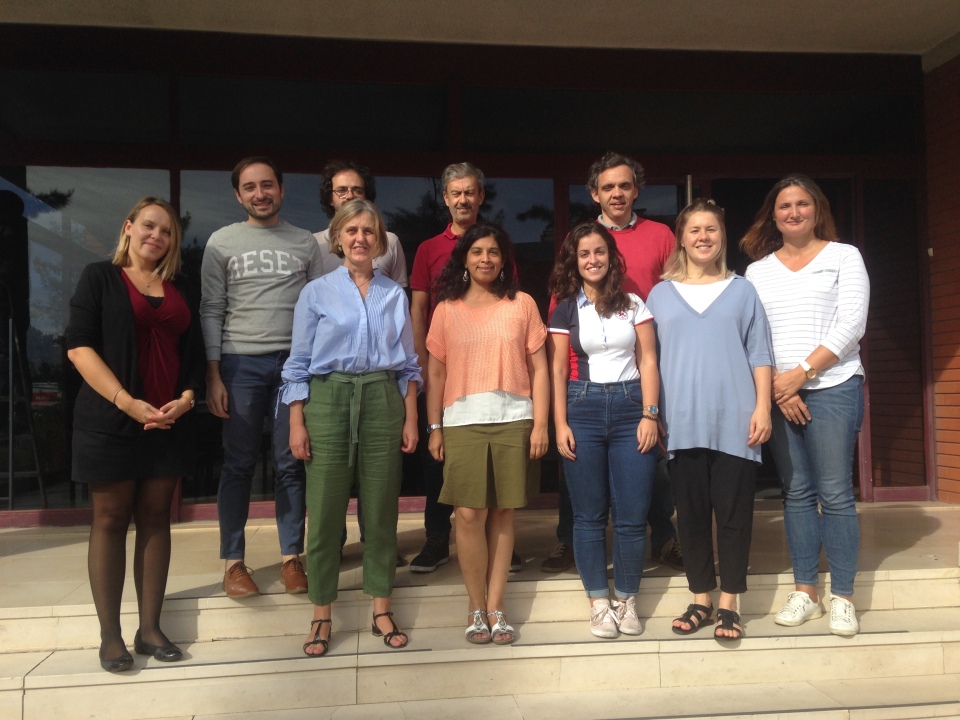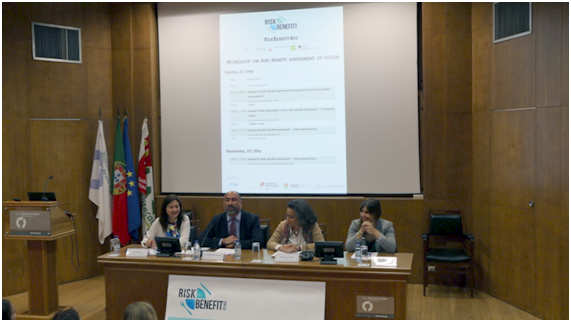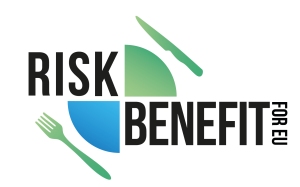INSA International Workshop on Food Risk-Benefit Assessment under the International project RiskBenefit4EU, 21 & 23 May 2018, Portugal
The risk-benefit assessment of foods is a valuable tool to estimate the overall impact of food on health in order to underpin evidence-based decision-making process and to contribute to improve human health.
“RiskBenefit4EU” is a European project funded by the European Food Safety Authority (EFSA) and coordinated by the National Institute of Health Doutor Ricardo Jorge (INSA). This project aims to strengthen the European Union (EU) capacity to perform risk-benefit assessments of foods, considering an integrative approach on microbiological, nutritional and toxicological aspects. The “Workshop on risk-benefit assessment of foods”, performed under “RiskBenefit4EU”, will be held on 21st and 23rd of May, at INSA auditorium https://riskbenefit4eu.wordpress.com/event-calendar/.
This workshop aims to discuss the importance of risk-benefit assessment in the area of food safety and nutrition, to overview the Portuguese activities in this area of research and to outline future perspectives on this domain. This event includes keynote lectures given by scientists of world-renowned institutions as the National Food Institute, Technical University of Denmark (DTU), Institut National de la Recherche Agronomique (INRA) and EFSA, as well as presentations by national researchers presenting studies developed in this area. This workshop will also present the European project coordinated by INSA “RiskBenefit4EU”.
This workshop aims to gather health professionals, scientists, industry and university students as well as all those interested in this subject. Participation is free, but registration is mandatory, subjected to the availability of seats. Registration is already open.
The program is available here.
